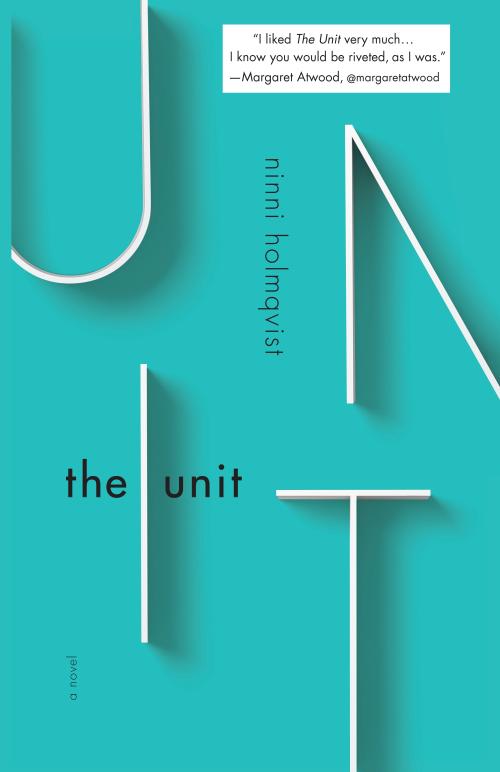1. Dorrit can be described as very obedient. She submits to her fate by going to The Unit without protest and does not seem naturally inclined to buck authority. What personality traits or life circumstances do you think causes a person to be obedient? Conversely, what leads one to question the rules of the establishment? Are you the type to question or accept the status quo? What do you think makes you that way?
2. In The Unit, the residents are surrounded by luxuries they did not know in their former lives outside. The food is abundant, fresh, and masterfully prepared and presented. Their apartments are comfortable and well-appointed. They have access state-of-the-art exercise facilities, and can shop in lovely boutiques in exchange for no money whatsoever. How do you see the availability these creature comforts to the indispensables? As perks? Mere distractions? How is this different from the meaning you might attach to these things in your own life?
3. Although she was content, owned a home with a garden, had a dog she loved, and a love affair with Nils, Dorrit was deemed by the state to be dispensable. To whom or to what was Dorrit’s presence necessary? What determines one’s worth? In order for our lives to have meaning, do you feel that we must make a contribution to greater society?
4. Dorrit comes from a big family–she was one of five children. And yet she describes them as being "scattered to the winds like a dandelion clock." What caused her family to become so disconnected? In thinking about your own life, what things do you do to maintain a family bond? What significance does family hold for you?
5. Dorrit finds more love and companionship, in the Unit than she ever did in her former life. Why do you suppose intimacy comes easier to her in The Unit? Do you think she ever would have developed deep friendships outside? Why or why not?
6. There are many gifted artists in residence at The Unit. Dorrit’s writing comes much easier to her there than it did at home. What is it about The Unit that enables such creativity to come to the fore?
7. Dorrit was raised in the time before the laws about organ donations and indispensables were enacted, in the post-women’s lib era when independence was encouraged and valued. Dorrit’s mother, having raised five children and seeing the possibilities that lay before her three daughters, discourages them from getting "caught in a trap" by a having children and getting married. Yet these women live to see values shift once again to the point where a woman’s life is only of value if she is a mother. How is Dorrit a product of her time but also trapped by it? Discuss the paradox of being a feminist in a society where your life only has meaning if you provide for others.
8. Why do you think that, despite their closeness and Dorrit’s pregnancy, Johannes makes his final donation without consulting Dorrit and without saying goodbye in a deliberate way? In what ways is this decision selfish? Selfless? Do you think Johannes did the right thing? Why or why not?
9. Why does Dorrit abandon her escape attempt and return to The Unit? What would you have done?
10. Several times over the course of the novel, the society is referred to as a democracy. In what sense is it a fully democratic society? Are the people in the wider community truly free? What freedoms are afforded to the dispensables?

